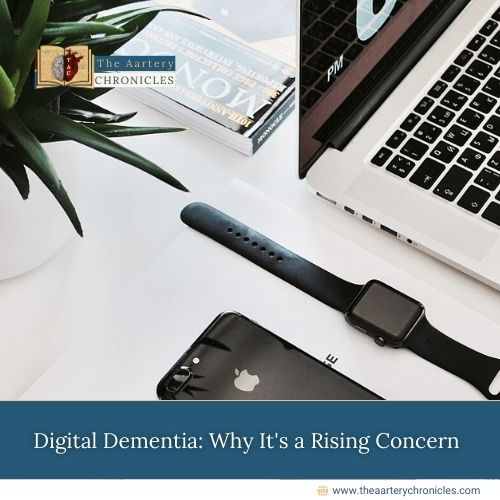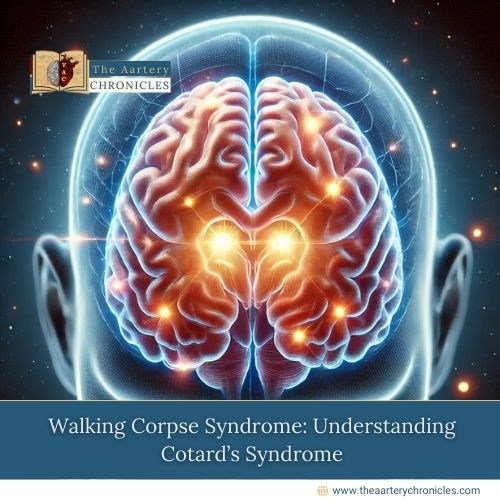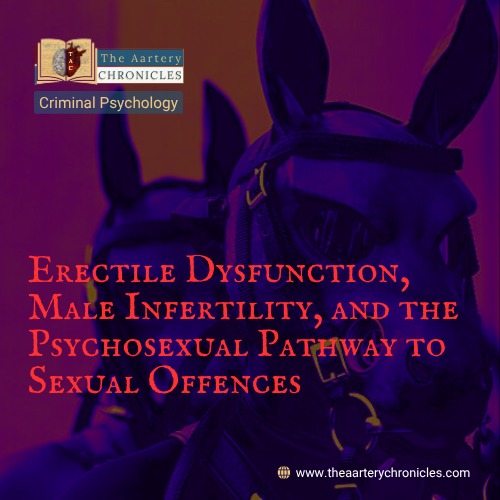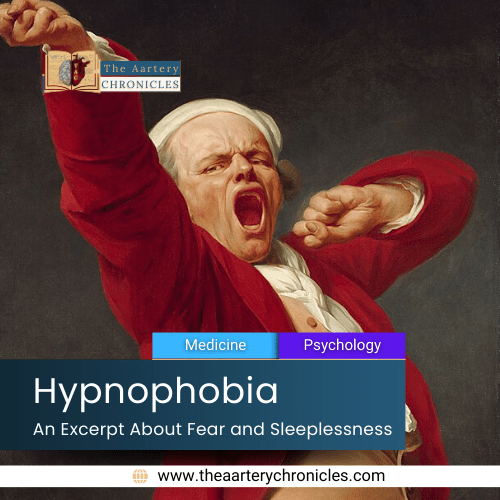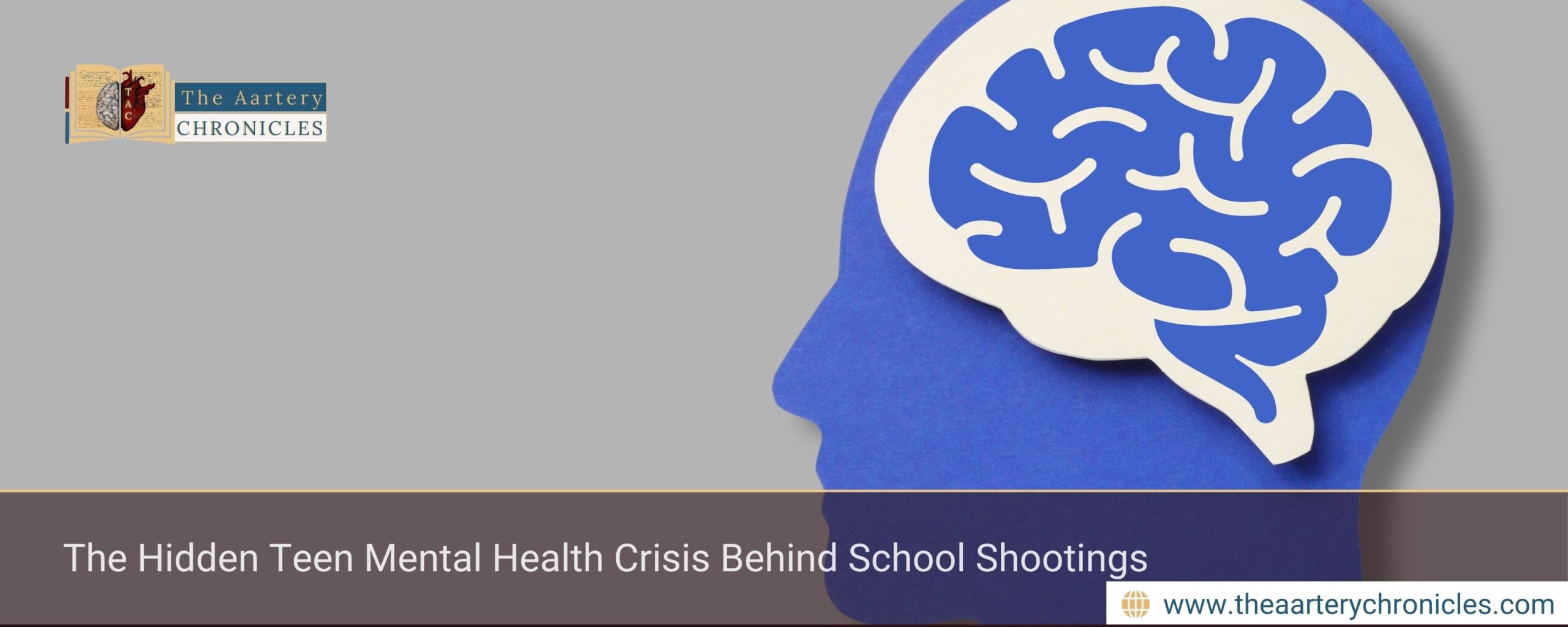
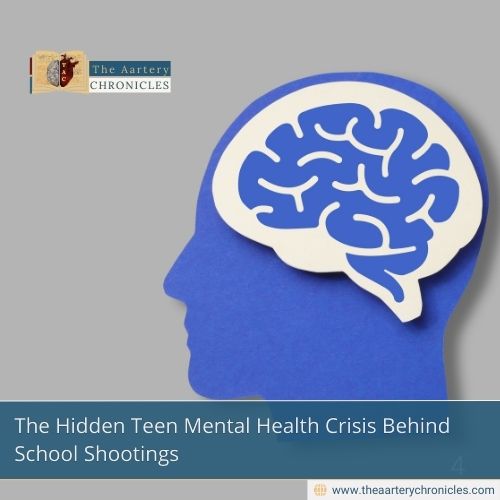
The Hidden Teen Mental Health Crisis Behind School Shootings
Summary: The case of Robin Westman, aged 23 years, was the US shooter responsible for the shooting massacre in a Minneapolis school. It has been found from his journals and trial runs that he was obsessed with harming children. This is indeed disturbing as it signifies a mental health crisis, that should not be ignored.
The incident
Robin Westman, aged 23 years, opened fire in the Annunciation Catholic School in Minneapolis, killing two children and injuring fifteen.
The shooter
Westman was a violent person who fantasized harming children. He was an ardent fan of past school shooters and had very carefully strategized his attack in the school. He had carried out trial runs around the school, which shows the extent of his obsession. It is disturbing to note the level of his craze.
The analysis
The fact that Westman was able to act as he did, was because there was no one to stop him from doing so. He must have been so lonely, neglected and subject to hate crimes against children, that he was addicted to the notion of harming children. The meticulous planning over a long period of time shows how disturbed he was mentally. The online content that further fueled his obsession also led him to take such a drastic step. The thought of the shrieking children as they took the bullets must have excited him and further cemented his murderous plan.
Youth mental health statistics in India
In India, the statistics show the following:
- A national survey conducted by IC3 and CISCE shows that 1 out of 5 Indian students feel stressed and demotivated. About 75% of 12th standard students sleep less than 7 hours at night.
- A Delhi study shows that 40.3% adolescents were facing clinical depression.
- A survey conducted by NIMHANS across 30 universities showed that 33.6 % children were facing severe depression and 12% students had considered committing suicide.
- A review (2020) in BMC Psychiatry showed that 7.3% of Indian youth who face mental health issues fail to seek professional guidance.
Steps to manage youth mental issues
According to psychiatrists, we should not wait for things to spiral out of control, rather nip them in the bud. Suggestions include:
- Creating awareness w.r.t. mental health issues, their causes, effects and treatment among adults and children.
- Mandatory appointing of mental health counsellors in educational institutions so that every child can avail guidance as and when required.
- Increasing parental awareness about mental health issues.
- Undo the hype that mental health issues are taboo and what will people say. Consider mental health like any other physical health issue and encourage dialogue with the children.
- Make the children gain your trust so as to confide in you.
- Always listen to what the child says, however inconsequential, be it at home or school.
- Lead by example – as parents- show the children that they can speak their mind without fear of being judged or ridiculed.
- Monitor the child’s online content to save them from getting influenced by matters that may lead them towards depression, obsession or any violent or changed behavior.
- Educators should also monitor the students for any changes in behavior or actions and take appropriate remedial steps to deal with them.
- Friends should also be on the watch for any sudden changes in behavior or actions of their friends and should immediately notify the parents.
Youth mental health policies in India
India has laid down the Mental Healthcare Act, 2017, which is yet to be implemented fully. The investment in policies relating to teen mental health should be done by the state government and private sectors.
- Kerala has implemented Jeevan programme in colleges by appointing trained psychiatrists. This has shown positive results.
- The tele-MANAS helpline launched by the central government may prove beneficial subject to enhancing its awareness among the citizens.
Conclusion
It is indeed shocking to note the level of metal health issues that the youth are facing today. Their hesitation in seeking professional help speaks volumes about their family life. Their inability to confide in a family member or trustworthy elder speaks volumes of their helplessness. Just imagine them battling the demons in their head, scared, confused, alone and unable to tell right from wrong. The time they spend online searching for answers only to spiral in the vortex of online inappropriate content that harms them more than they realize. Innocent children, who are yet to learn the ways of life, are suddenly feeling lost and stressed and losing their innocence and childhood.
Education should not be limited to books and exams. Children should be taught how to face adverse situations without fear. They should be taught that life is not a bed of roses but they can overcome any hardships under the love, support and guidance of elders. They should be taught to express themselves and communicate their feelings freely, without considering “what will people say”. Mental health issues should be faced rather than swept under the rug. Share your experiences so that others can learn from them. Hesitation is not the answer to any problem, but taking corrective action is.
Healing takes time, and asking for help is a courageous step
Mariska Hargitay
The case of the US shooter is a wake-up call that mental health issues can affect the youth and should not be ignored, not any more.
- Rupal Sonpal
- Mental Health | Psychology
- 25 September 2025
- 11:00



